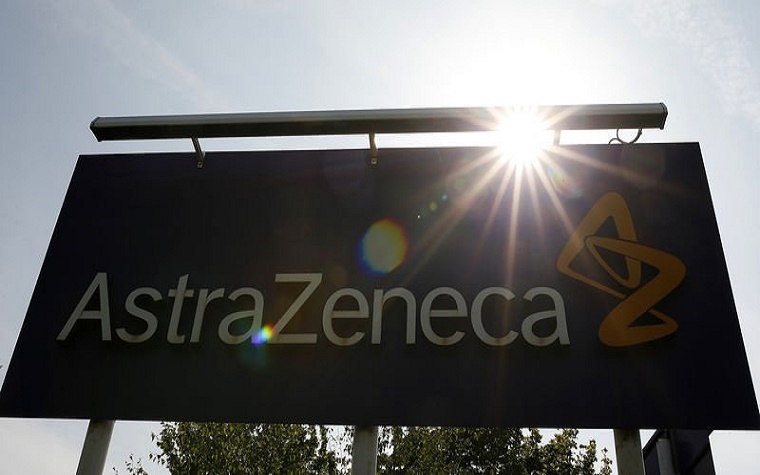
Urothelial bladder cancers are the ninth most common type of cancers in the world.
It is estimated that, in 2013, 173,000 patients died as a result of these cancers -- yet, metastatic bladder cancer treatments are scarce and the overall five-year survival rates for patients living with these cancers is less than 15 percent.
In an effort to make more treatment options available to those with advanced bladder cancers, MedImmune, the global biologics research and development division of pharmaceutical company AstraZeneca, has developed durvalumab (MEDI4736). It is an investigational human monoclonal antibody indicated for the treatment of patients with inoperable or metastatic urothelial bladder cancer whose tumors have not responded or have grown after treatment with at least one standard, platinum-based therapy.
"Metastatic bladder cancer is an area of enormous unmet medical need," Robert Iannone, head of immuno-oncology and global medicines development at AstraZeneca, said.
The U.S. Food and Drug Administration (FDA) has granted durvalumab Breakthrough Therapy Designation (BTD) -- a designation used when a therapy for a serious condition has yielded promising trial results. BTD drugs make FDA approval a quicker process.
"We are encouraged by this Breakthrough Therapy Designation," Iannone said. "We look forward to working closely with the FDA to bring durvalumab to bladder cancer patients as soon as possible."